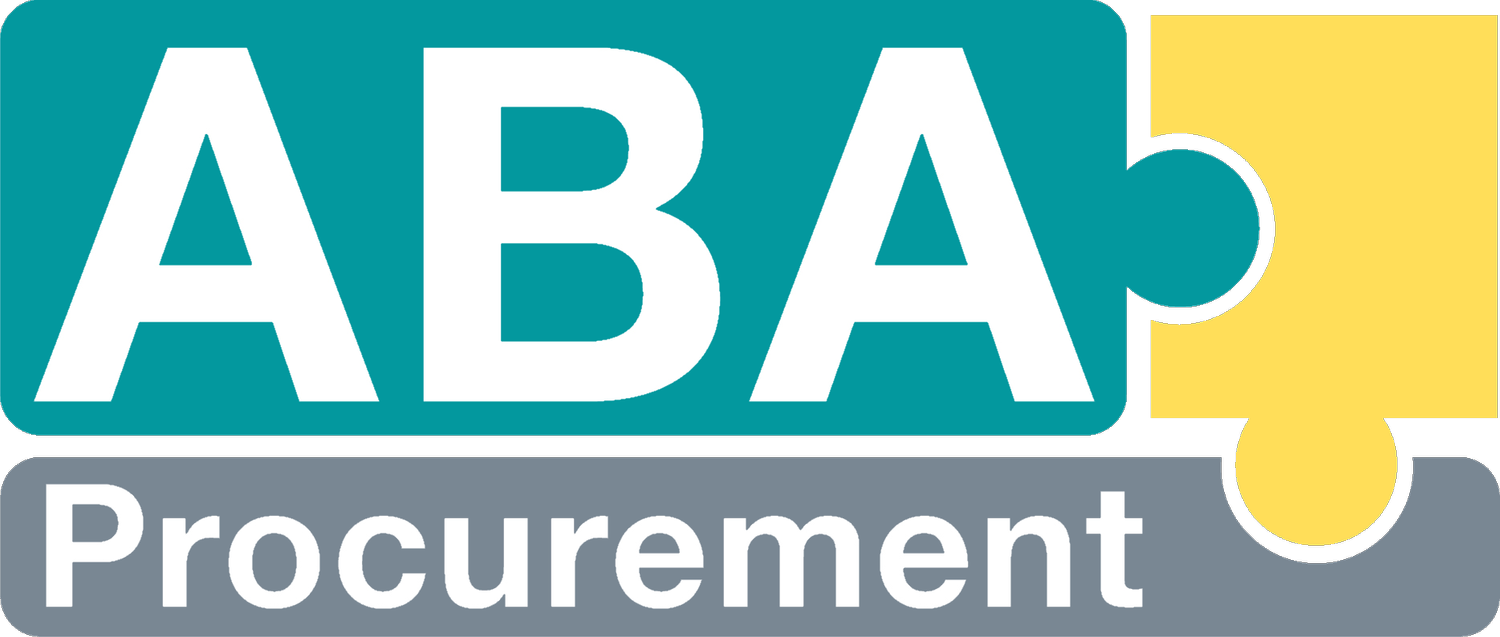What do bananas, olive oil and smoked salmon have in common?
They’re all targets in supply chain fraud! Olive oil is one of the most fraud-affected products in the world. The fraud is so prolific that you have probably bought counterfeit product at the supermarket without knowing it.
Food crime is estimated to cost the UK economy up to £2bn a year. [1] This includes crimes such as theft, substitution, document fraud and adulteration.
The problem with food supply chain fraud
The risk of supply chain fraud to the buying organisation comes in three main areas:
Financial risk due to lost shipments and dealing with quality problems
Consumer health risks in the food industry from contamination
Reputational risk
Procurement has a huge role to play in protecting the organisation from organised crime. As always, we’re not just here to save money or find the cheapest product!
Procurement teams give the organisation a guarantee of quality on the products purchased, and it’s our responsibility to ensure the business is protected from fraud.
Types of supply chain fraud
Adulteration is where the product is mixed with a (cheaper) alternative. Olive oil, for example, has been mixed with soybean oil and still sold as extra virgin olive oil.
Theft can hit any supply chain, but a current trend for organised crime groups is to target small, artisanal suppliers who produce small volumes of higher priced products. Swan Smokehouse was targeted in a theft of £37,000 of their smoked salmon product.[2]
On the other end of the financial scale, bananas are targeted in the global cocaine supply chain and in 2022, 3.7 tonnes worth £300m[3] of the drug were found hidden in boxes of bananas that were headed for UK supermarkets.
How can you mitigate fraud in your supply chain?
1. Build strong relationships with your suppliers. Strong collaboration can make your supply chain less of a target for criminals. Additionally, ensuring that your suppliers have the cash flow and profit margins helps ensure that they are less at risk of taking part in criminal activity.
2. Increase transparency and conduct suitable supplier due diligence. Increasing transparency leaves less space for criminal activity to take place. When you know each step of the supply chain, and the links between each supplier, there’s less opportunity for criminals to take advantage of.
3. Know your products and risks. Can you tell a counterfeit product from a real one? If not, maybe you need to spend more time getting to know the products you are responsible for buying. It’s not always easy and we all wish we had more time to spend on the details, but it could save your organisation the reputational damage of crime in your supply chain.
4. Train your Procurement team! It wouldn’t be an ABA blog if I didn’t mention the benefit of upskilling your team to be aware of their risks and responsibilities. We offer CIPS Levels 3-6 with options for day courses, evening study, 1:1 personal tutoring and apprenticeships. If you want something shorter, we also have a range of procurement short courses that we can deliver to your team at your premises.
5. Speak with the National Food Crime Unit (NFCU). The NFCU is the UK agency which was established following the horse meat scandal in 2013. Their objectives are to prevent inauthentic and unsafe food, disrupt criminal organisations and raise the counter-food crime capability. They aim to work with the food industry to bring about change, so get in touch and learn how they can support you to reduce your risk
Further Reading:
Key findings: What works to prevent food fraud https://www.food.gov.uk/research/key-findings-what-works-to-prevent-food-fraud
[1] Food Manufacture, https://www.foodmanufacture.co.uk/Article/2024/09/13/FSA-Supply-chain-disruptions-creating-food-fraud-opportunities/
[2] BBC, £37k salmon scam left me feeling physically sick,
https://www.bbc.co.uk/news/articles/c1jr557e1jwo
[3] BBC, Cocaine bust worth £300m is 'largest UK seizure since 2015' as drugs found in banana shipment in Southampton, https://news.sky.com/story/cocaine-bust-worth-300m-is-largest-uk-seizure-since-2015-as-drugs-found-in-banana-shipment-in-southampton-12582981

